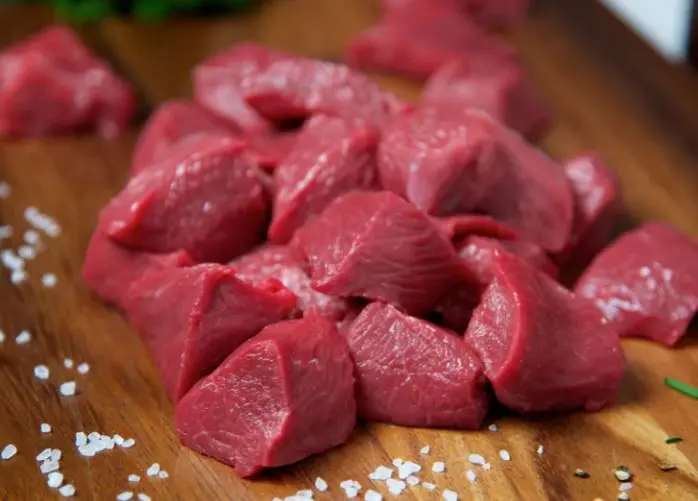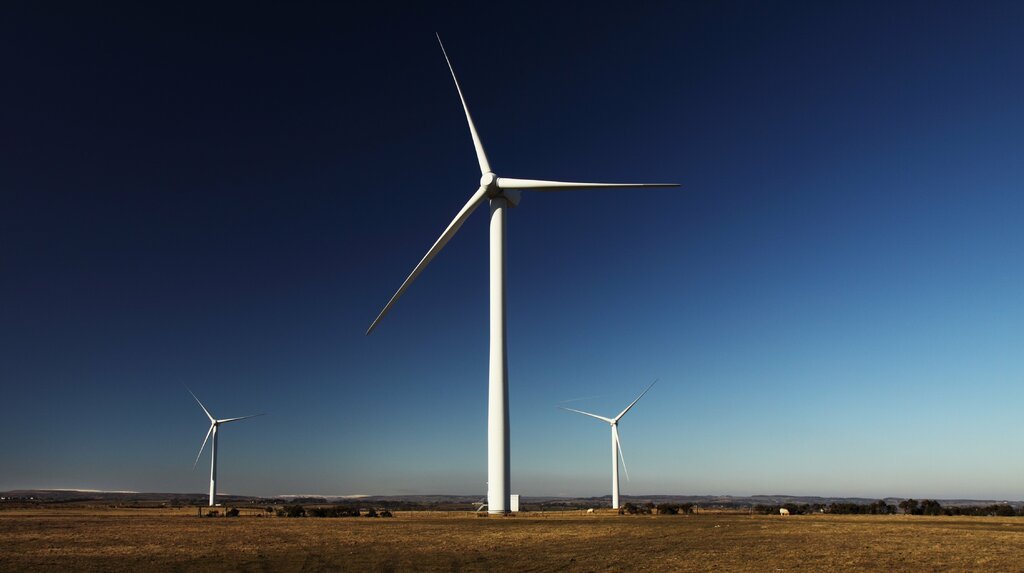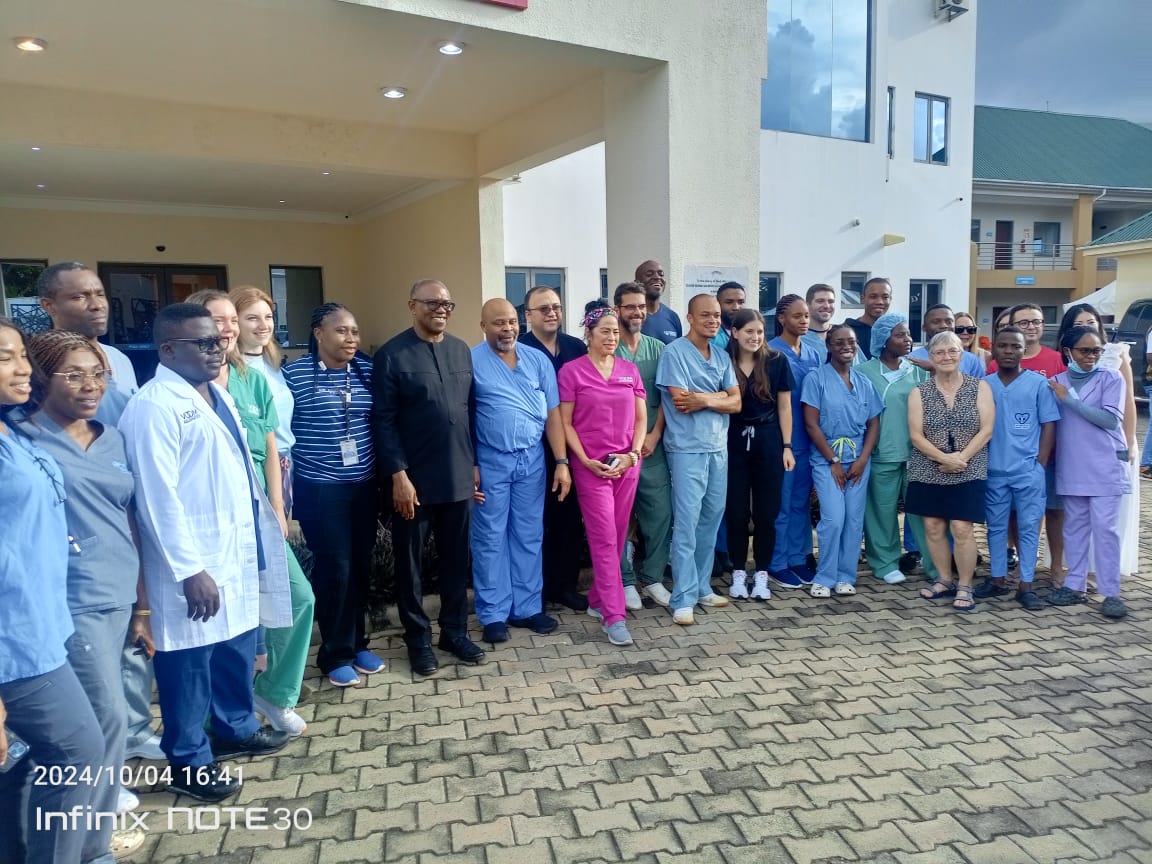The popular saying that ‘Better is half a loaf than no bread’ has come to the fore in the life of Nigerians who are known for their love of eating beef with almost every meal, Vanguard reports.
However, the increasing price of goods and services, food items and beef inclusive, which has also greatly reduced in quantity, has made most consumers stop patronising food vendors.
In restaurants, the size of beef that were normally cut in large portions, with prices ranging from N50 to N200, are now being diced in small pieces, albeit at the same cost. Even street food vendors have taken to the same strategy with their beef diced smaller and at the same price of N50 to N100.
Economy&Lifestyle discovered that to salvage the situation and keep their clients, most restauranteurs and street food vendors adopted these strategies to sustain their businesses, since Nigerians still relish beef with their meals.
Some customers eat without meat — Food seller
“A portion of such meal (rice), with two or three pieces of diced beef, is now sold for N500, and may cost more, according to your needs,” Mrs. Banks Smart, a food vendor, said.
She added: “Before, I cut my beef in large portions, which I sell for N100, but now that size is sold for N200.
“Most customers frown at such development and prefer eating without meat or, better still, go for ponmo.
“I had to dice the beef and pour it into the rice and make a portion N500 instead of selling rice and meat separately.
“The reason for such is because of the high cost of meat and decrease in the quantity.
“The size of meat cut for N50 now goes for N100 and it is very tiny.
“It is resold for N200.
“Everyday the price of food items increases.”
‘It’s appalling’
Mrs. Lovet Fasasi, a food vendor, said: “What food vendors are experiencing in this country is very appalling.
“Imagine taking say N10,000 which you took yesterday to the market today to buy the same things you bought. But you are disappointed to find out that the prices of what you bought had increased to N13,000.
“You will be very bitter knowing that you are to dip into your profit to meet up with the price.
“It is very terrible, when those you bought other things from come for their money and you are not able to meet up with paying them.
“Even those vendors killing goats or rams are not left out.”
Mr. Francis Gbeke, a businessman, narrated his experience at the gym saying, “I was shocked when the woman selling food at the gym where I usually work out said she doesn’t sell beef because the rice already contains beef.
“While dishing the rice, the beef were sliced in very tiny bits like when you dice kponmo (Cow skin) in vegetables.
“I was very shocked seeing the extent to which the state of the economy has depreciated.
“She sold a plate for N500. Even if the pieces of meat in the rice was not up to five.”
Cost of cow
Mr. Riliwan Adeoye, a meat seller at Orile, said: “Before a big size cow was sold for N200,000 to N300,000.
“But now, a big size cow is now N600,000 to N800,000.
“Then talk of transportation, which has recently increased due to the rise in petrol prices.
“As you are aware, when such happens in Nigeria, it affects the prices of everything not only beef.
“It is only God that will see us through in this country.”
The National Bureau of Statistics, NBS, in its Selected Food Prices Watch for March 2024 confirmed the rise in the prices of beef.
The bureau said: “The average price of 1 kilogram of beef boneless increased by 73.78 per cent on a year-on-year basis from N2,479.61 in March of last year (2023) to N4,309.16 in March 2024.
“On a month-on-month basis, the average price of this item increased by 17.91 per cent from N3,654.56 in February 2024.”




